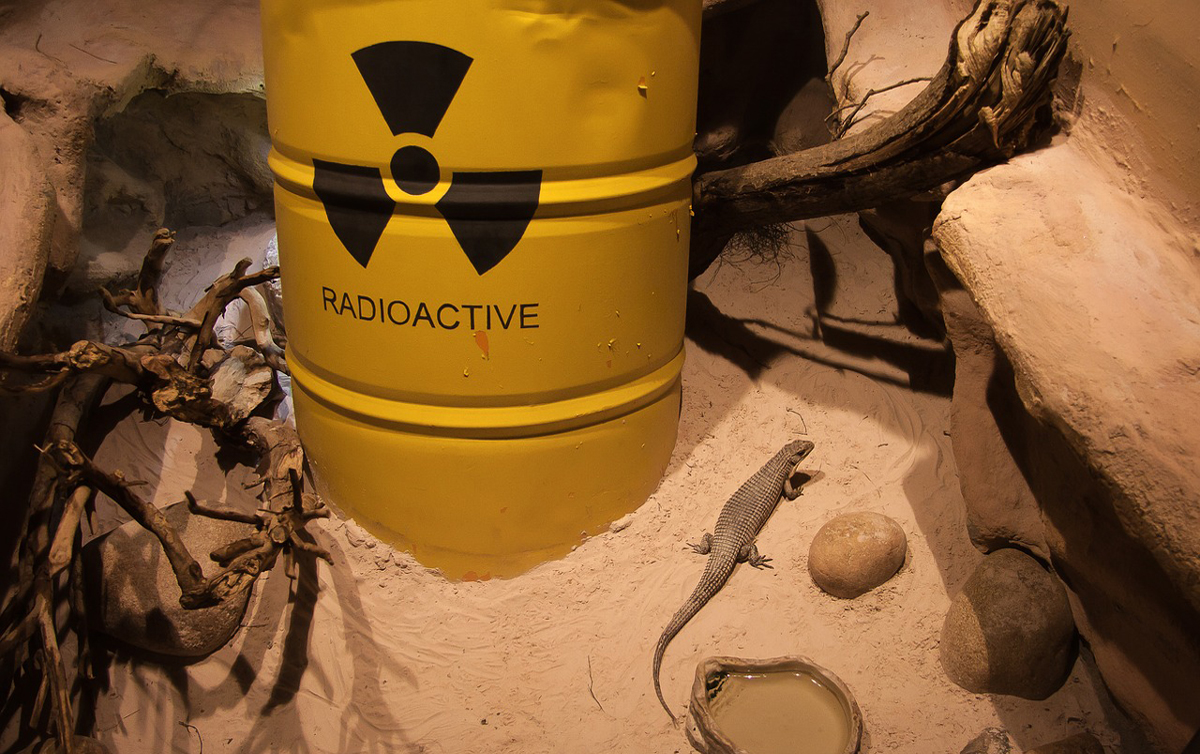
HB220 would allow the country’s most radioactive waste to come to Utah
By Grace Olscamp
House Bill 220’s clear intent is to bypass current state law and ignore public health and safety for private business interests. That is why the Healthy Environment Alliance of Utah, or HEAL Utah, opposes HB220, Radioactive Waste Amendments. This bill, sponsored by Representative Carl Albrecht, effectively eliminates the current hard ban on the disposal of class B and C radioactive waste in Utah.
HB220 gives the Director of the Division of Waste Management and Radiation Control Board, a political appointee, the authority to permit the disposal of waste that wouldn’t be allowed under the state’s current class B and C radioactive waste ban. Further, HB220 would allow radioactive waste to be classified solely at the time of disposal rather than based on the potential long-term impacts of waste storage. This would have the greatest impact on classification of unique waste streams, such as depleted uranium, that increase in radioactivity over time.
“The 2005 ban on class B and C radioactive waste was passed with bipartisan support and was agreed to by the company now known as EnergySolutions,” said Dr. Scott Williams, executive director of HEAL Utah. “It bans some of the most dangerous material in our country from coming to Utah. This bill would present increased risk to our health and safety by allowing the discretion of one person’s judgement on a 14-year old public health policy that was put in place to protect Utah.”
HEAL believes that this bill has even further implications on an issue the state has been grappling with for nearly a decade: depleted uranium, a type of radioactive waste that begins as class A but gradually gets more radioactive overtime, eventually becoming even hotter than class B and C waste.
Ever since EnergySolutions first sought to bring depleted uranium to Utah, the state has been wary of this waste. For the last seven years, the Department of Environmental Quality has been conducting an assessment on whether EnergySolutions’s disposal site is stable enough to contain this waste as it becomes more and more radioactive for thousands of years. It appears that HB220 would require the division to only consider depleted uranium as class A waste and ignore its increasing toxicity.
“In 2018, the Division of Waste Management and Radiation Control Board voted unanimously not to let EnergySolutions bring depleted uranium munitions to Utah because the Department of Environmental Quality’s assessment was still in progress,” said Jessica Reimer, policy associate at HEAL. “No decision that could impact depleted uranium should be made until that thorough assessment has been completed.”
Articles related to “HB220 would allow the country’s most radioactive waste to come to Utah”
EnergySolutions seeks yet another exemption for depleted uranium



